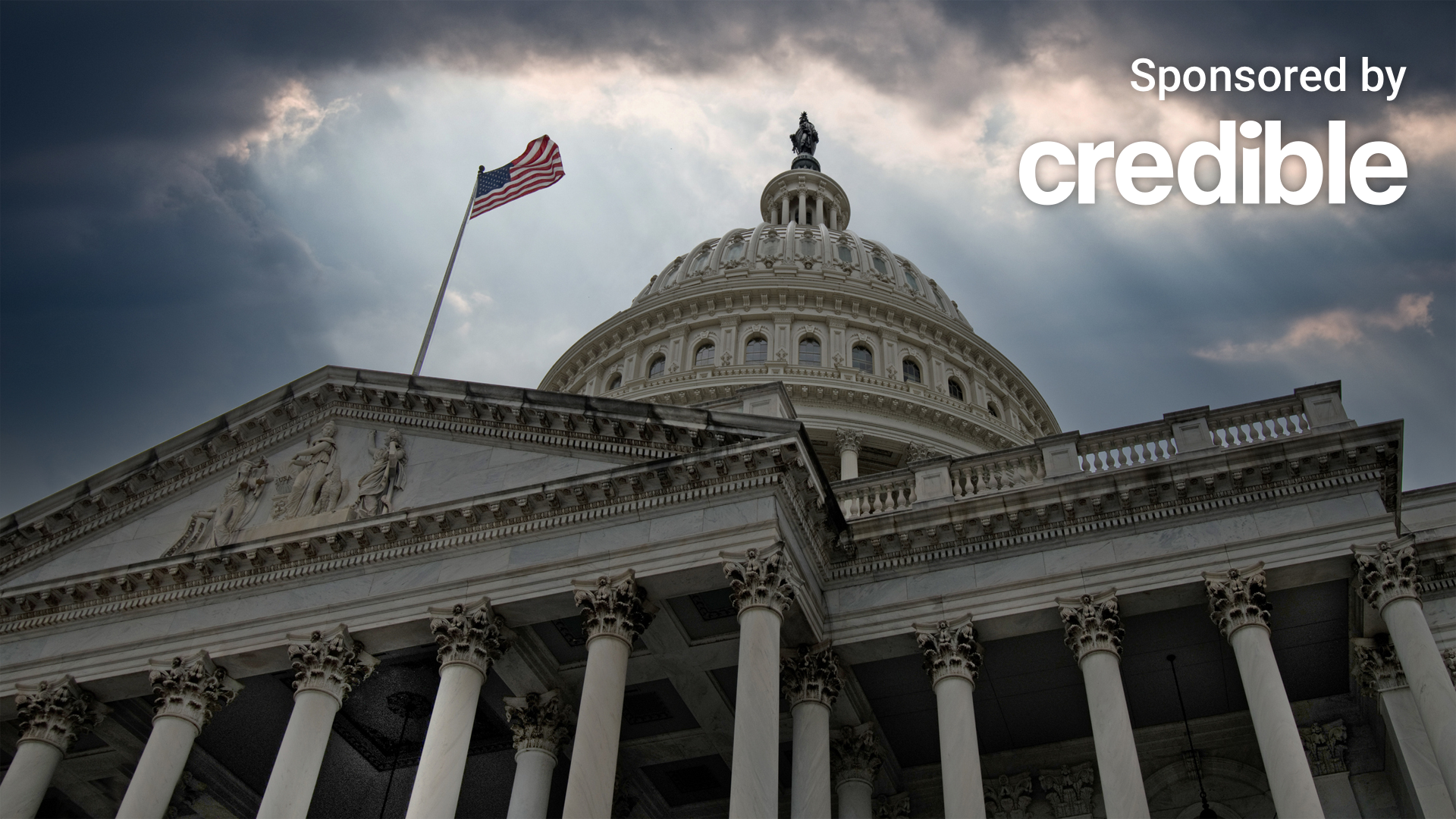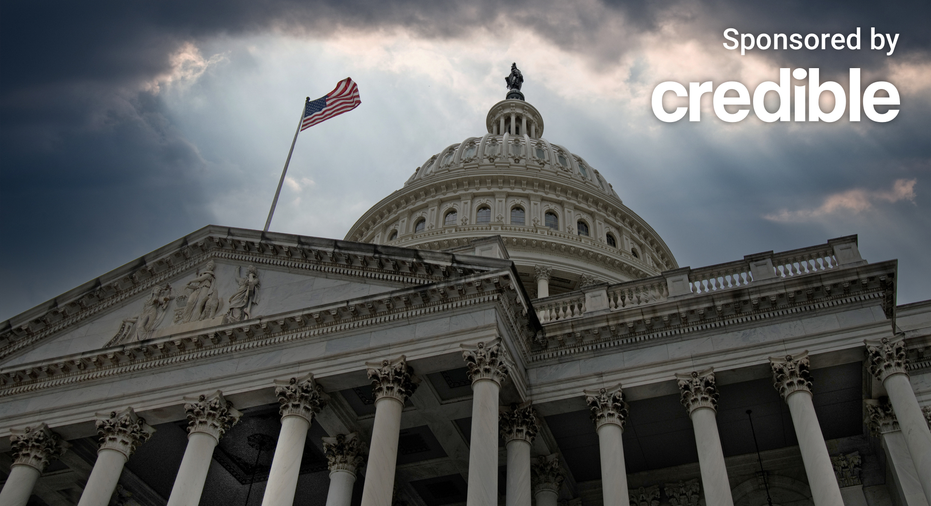Gas prices majorly contributed to higher inflation in December. (iStock)
Annual inflation increased to 2.9% in December, rising modestly above the 2.7% annual inflation rate of the previous month, according to the Consumer Price Index (CPI) released by the Bureau of Labor Statistics (BLS).
Inflation increased 0.4% monthly in December, slightly exceeding expectations. Core CPI, which excludes food and energy, rose by 0.2% in December, coming in below estimates after four consecutive months of 0.3% increases. This brought the year-over-year rate to 3.2%.
The cost of energy rose 2.6% and was the most significant contributor to the monthly increase in December, accounting for nearly 40% of the monthly increase in all items. Gas was up 4.4% over the month. Food prices continued to rise, increasing 0.3% last month after a 0.4% surge in November.
“December’s CPI report brings a mix of news, including a glimmer of optimism,” First American Senior Economist Sam Williamson said in a statement. “While Headline CPI increased and exceeded expectations, the monthly increase in the less volatile and more closely watched Core CPI slowed and was below expectations.
“This downside surprise in Core CPI is encouraging, but one month does not make a trend,” Williamson continued. “The Federal Reserve will likely need to see sustained progress before considering any rate cuts.”
The Federal Reserve cut interest rates by a quarter of a percentage point in December, dropping rates from 4.25% to 4.5%, but the minutes from the Federal Open Market Committee meeting showed that there is growing concern about higher inflation and a clear division among the Fed’s members on whether to continue dialing rates back. Some expressed support for keeping the central bank’s key rate unchanged, and most officials said the decision to cut rates was a close call, the minutes said. The Fed’s next meeting will be on Jan. 28 and 29.
“The December CPI numbers indicate that inflation is not cooling at the rate that satisfies the Fed’s target,” Voxtur Analytics CEO Ryan Marshall said. “As a result, those who were optimistic that the Fed would cut interest rates more in 2025 are now realigning forecasts to expect fewer rate cuts this year.”
If you are struggling with high inflation, you could consider taking out a personal loan to pay down debt at a lower interest rate, reducing your monthly payments. Visit Credible to find your personalized interest rate without affecting your credit score.
BIDEN CANCELS MORE STUDENT LOANS WITH ONE WEEK LEFT TO HIS TERM
Shelter costs remain elevated
Shelter costs rose by 0.3% monthly, at the same pace as the previous month, which helped bring the annual inflation rate down to 4.6% from 4.7% last month, according to Realtor.com Chief Economist Danielle Hale.
Despite the slight progress, shelter costs remain above their pre-pandemic range, which averages 3.3%, according to Hale. Elevated costs are likely to stall further rate cuts, which impacts the level of longer-term rates like mortgage rates, which remain just below 7%.
“Right now, the market does not place high odds on a cut before June,” Hale said in a statement. “The labor market ended 2024 with a bang, as hiring ticked up and the unemployment rate slipped back to 4.1% in December. With the full-employment half of the Fed’s dual mandate on more solid footing than seemed the case three to six months ago, the Fed is likely to be patient, especially if inflation continues to hover just above target.”
If you’re looking to purchase a home, consider visiting Credible to find the best mortgage rate for your financial situation.
FHFA ANNOUNCES HIGHER MORTGAGE LOAN LIMITS FOR 2025
The housing outlook is shaky
Elevated mortgage rates will further stall the housing market despite willing buyers, according to Hale. Homeownership remains a central goal for roughly 75% of Americans surveyed by Realtor.com, but affordability remains a top concern for many.
“Existing home sales improved in recent months following fall’s lower mortgage rates, but as rates have climbed back up, our expectations for home sales have been diminished,” Hale said.
What’s ahead for housing is more of the same in terms of mortgage rates, and home prices are expected to continue rising. One bright spot is that the incoming President Donald Trump administration could spur more substantial economic growth and, therefore, higher incomes, giving Americans more buying power. Moreover, lower household tax rates are anticipated to boost disposable household income even if incomes don’t rise, according to the Realtor.com Housing Forecast.
“For 2025, the Realtor.com Housing Forecast anticipates a modest decline in mortgage rates to power a modest uptick in home sales,” Hale said. “Every drop in the inflation rate will help bring that expectation closer to reality.”
If you think you’re ready to shop around for a home loan, use Credible to help you quickly compare interest rates from multiple lenders in minutes.
SENIORS TO GET MODERATE COST OF LIVING BUMP IN SOCIAL SECURITY PAYMENTS NEXT YEAR
Have a finance-related question, but don’t know who to ask? Email The Credible Money Expert at [email protected] and your question might be answered by Credible in our Money Expert column.

 Blog Post1 week ago
Blog Post1 week ago
 Economics1 week ago
Economics1 week ago
 Finance1 week ago
Finance1 week ago
 Personal Finance1 week ago
Personal Finance1 week ago
 Accounting1 week ago
Accounting1 week ago
 Economics1 week ago
Economics1 week ago
 Personal Finance6 days ago
Personal Finance6 days ago
 Personal Finance1 week ago
Personal Finance1 week ago










